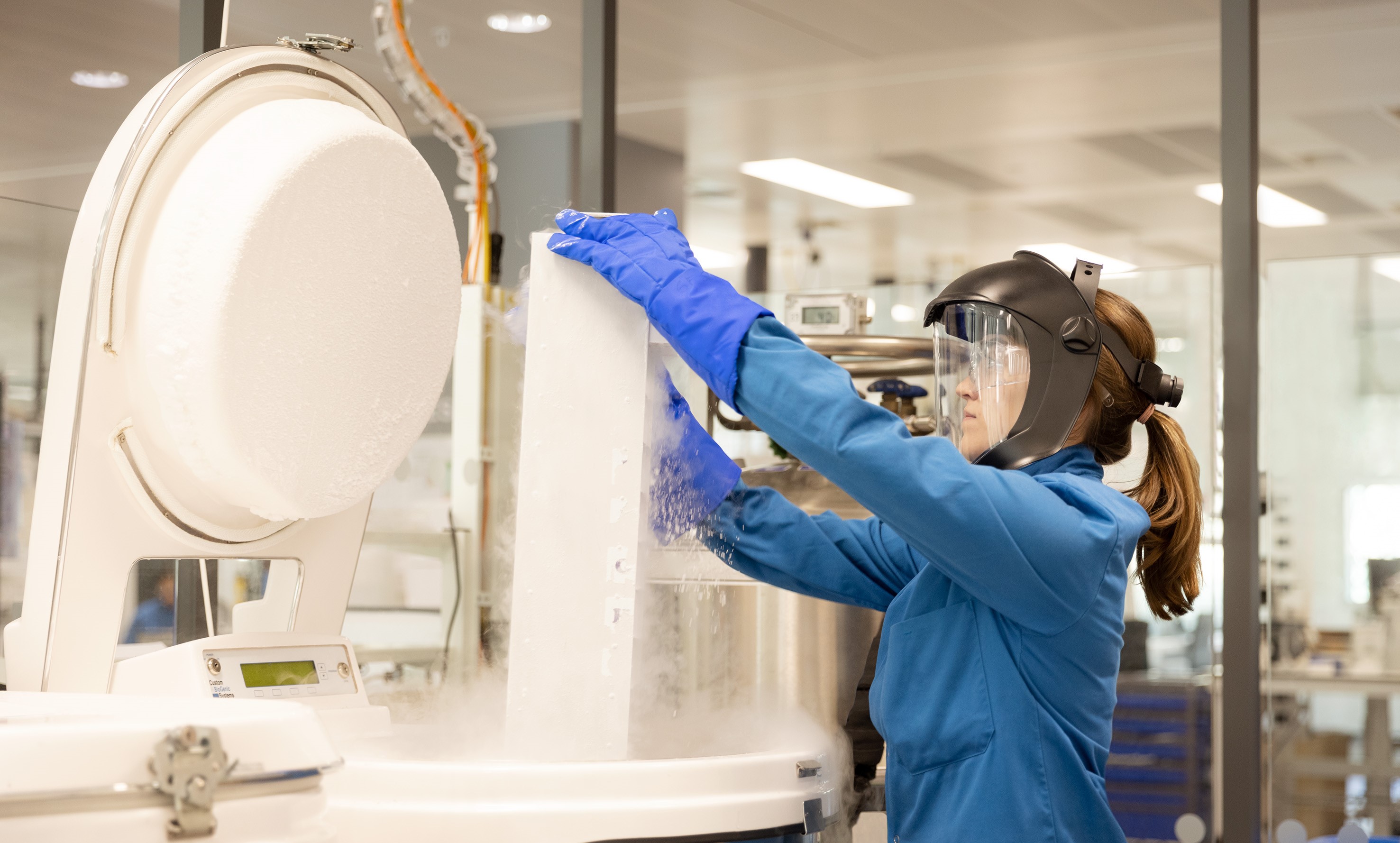GSK remains an investor in the new $600m Fund II, but with a smaller financial presence as SR One positions itself to connect startups to multiple companies across the pharmaceuticals sector.

SR One, the venture capital company that spun out from drug-maker GSK in 2020, has added a number of other pharmaceutical companies as investors in its $600m second fund, closed last month. It is positioning itself to act as a gateway to connect startups to a number of drug producers, including hiring a new partner to handle these interactions.
“SR One has built in-house capabilities to position our portfolio companies for optimal interactions with pharmaceutical companies,” SR One chief executive Simeon George tells Global Corporate Venturing.
“We recently hired a key member of the team, former Roche executive Iqbal Mufti, who is a venture partner with corporate development and commercial experience and who acts as SR One’s ‘in-house chief business officer’. His role is to help with the interface between our startups and large pharma companies, helping them think through positioning, reviewing materials and identifying who the right contacts might be at the various pharmaceutical companies.”
When the former GSK subsidiary was spun off in 2020 it included pension funds, sovereign wealth funds and family offices as well as anchor investor GSK in the first $500m fund. Now, with Fund II, it has opened the door to rival pharmaceutical firms as well. George did not reveal which companies were involved.
GSK remains an investor in Fund II, but with a smaller financial presence.
“As we diversified our LP base, GSK was a smaller investor in this new fund compared to our first fund,” George says. “GSK’s support remains an advantage for our firm thanks to the continued access to their R&D team’s input as we assess investment opportunities.”
SR One invests in drug development startups, with George citing precision medicine and next-generation gene therapies as prime growth areas along with new approaches in areas like cardiovascular and metabolic disorders.
But the most important trend may end up being startups that are applying artificial intelligence to the process, and the firm’s recent deals include Rezo and Nimbus, both of which are using AI to identify therapeutic targets for their treatments. Open AI and ChatGPT are grabbing the headlines right now, but it’s a reminder that AI is being used in many areas which are less visible.
“AI has the potential to support companies in various aspects of drug development from identifying new targets, to designing and optimising drug candidates, predicting toxicity profiles and identifying patient populations which are more likely to benefit from treatment,” George says.
“While it is still in the early stage of development, we expect to see more and more drug developers – both larger pharma and small startups – adopting AI tools and techniques over the coming years.”

An expansion into company building as the IPO market stalls
SR One is also building a team that can build and launch life sciences startups in addition to simply investing in them. It is a model that life sciences venture capital companies like Flagship Pioneering — which helped create mRNA vaccines company Moderna — and Atlas Venture does. SR One took first steps in this approach by becoming a very early stage founding investor in MiroBio, an immunotherapy developer out of Oxford University, which was bought by Gilead Sciences in a $405m deal last September.
“We have experienced venture partners on our team who have joined post-spinout to focus on this effort,” George says. In the case of MiroBio, he says, SR One helped lead the company from research to product development.
Even before spinning out from GSK, one thing that defines SR One was its willingness to invest big. It leads roughly one in three of the rounds in which takes part, and all but one of those rounds since late 2020 has been sized at $40m or above.
However, the firm is having to reckon with an IPO market that’s been stagnant for much of the past two years. Portfolio company Mineralys Therapeutics went public in February this year, eight months after an SR One-backed series B round, but this remains an exception in a life sciences sector with a increasing numbers of startups that are well funded but still private.
“The SR One team has worked through many cycles in the sector – both challenging and vibrant markets and we know both are to be expected in the future,” George says.
“There remain significant gaps in treatments available to patients that we as an industry have a responsibility to attempt to address”
“Regardless of economic conditions, innovation must advance with urgency to serve the patients who are in need. There remain significant gaps in treatments available to patients that we as an industry have a responsibility to attempt to address.”
George says SR One is seeing more demand for late-stage funding for its portfolio as a result of the low IPO numbers, but that he is also coming across opportunities to back new companies at late stage, due to valuations that are more attractive than they would have been previously. The maths add up in a way they did not before.
“In our continued efforts to support our entrepreneurs, we are working to provide capital for companies that we believe have a clear value proposition,” he adds. “Our core strategy remains the same: we focus on backing innovative approaches addressing gaps in the treatment landscape, led by a team that can attract investment and optimally deploy capital.”
Lead photo courtesy of SR One Capital Management









